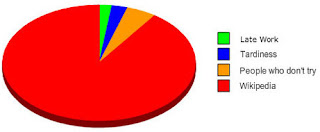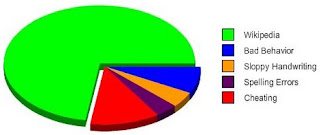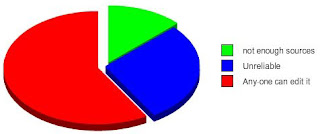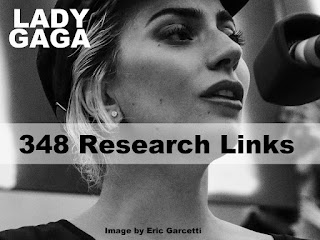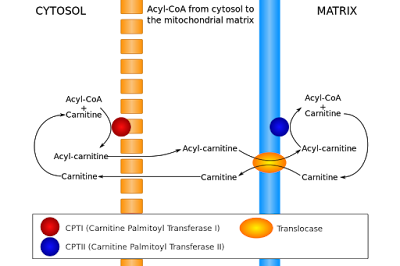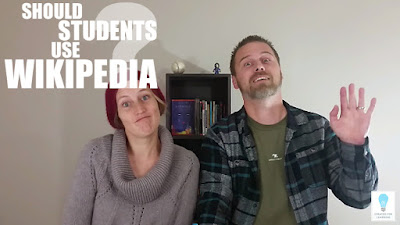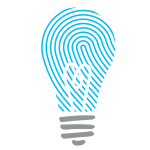Today, we’re gonna discuss whether students should use Wikipedia and what teachers should do about it. Consider the can of worms opened…
Watch the YouTube video here >>> https://youtu.be/3sfPCHcvrlY
Just Google “Teachers + Wikipedia,” and you’ll find plenty of comical graphs showing how much teachers hate Wikipedia more than …
- Bad behavior
- Sloppy handwriting
- Spelling errors
- Cheating
- Late work
- Tardiness
- People who don’t try
Ask teachers, and you’ll hear reasons like …
- It’s unreliable.
- Anybody can edit it.
Ask students, and they’ll say teachers don’t like Wikipedia because …
- It makes our work too easy.”
So should teachers hate Wikipedia? And should students be allowed to use it? Or both? Or neither? Let’s dive in and talk about this juicy controversy.
Wikipedia was founded in January of 2001 with the vision of being a completely crowd-created, collaborative encyclopedia. In in its first 15 years of existence, it has become the largest encyclopedia in world history, currently home to over 16 million articles in many languages. Currently the 6th most trafficked website on the Internet, it is one of the most successful crowd-sourcing projects in history. It has put many of the long-time encyclopedias out of business and has changed the world of learning.
I don’t think the question is whether Wikipedia is large and making an impact … it’s whether students should use it.
So let’s tackle the big reasons teachers give.
(REASON #1) It’s unreliable.
 The claim is that while Wikipedia has good information on it, there is lots of incorrect info too. Which is true. Let’s start there. (List of Wikipedia hoaxes) It’s also no different than the alternative. Are we going to send students to the library to find accurate information in those 20 year old encyclopedia sets? Does our school have a paid subscription to a formal encyclopedia like Britannica?
The claim is that while Wikipedia has good information on it, there is lots of incorrect info too. Which is true. Let’s start there. (List of Wikipedia hoaxes) It’s also no different than the alternative. Are we going to send students to the library to find accurate information in those 20 year old encyclopedia sets? Does our school have a paid subscription to a formal encyclopedia like Britannica?
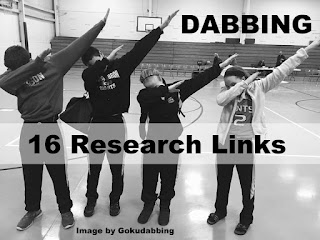 Isn’t this one of the reasons we complain about our textbooks: they’re too old and out-of-date? It’s kind of contradictory to then turn around and take a stance in favor of old encyclopedias, right?
Isn’t this one of the reasons we complain about our textbooks: they’re too old and out-of-date? It’s kind of contradictory to then turn around and take a stance in favor of old encyclopedias, right?
It’s a balancing act. Would we rather have students using a 20-year-old inaccurate encyclopedia or an up-to-date inaccurate one?
We’ve gotta remember the role of encyclopedias in research. They are a starting point. They are tertiary research. Whether using Britannica or Wikipedia, students are only supposed to start with them to know what to research further. And if that’s the role, then shouldn’t we use the one that has the most current research?
Some examples:
At my last school, I had a comical feud going with a couple of teachers about Wikipedia. So during their research projects on diseases, I threw the gauntlet down. I found out one of their diseases from the list and decided to compare the research. My school library had 2 encyclopedia sets. I found the disease in each. Both had the same common info and 2 bibliography sources. On Wikipedia, I found a lot more information, much of it much more recent. And then at the bottom, I found 67 links to academic research articles. Many were recent, even in the past couple of weeks, and the 2 from the other encyclopedias were there in the list. So Wikipedia had everything the others did + 65 more academic links.
When our daughter was born, she was diagnosed with a metabolic disorder that we’d never heard anything about — Carnitine palmitoyltransferase II deficiency (CPT-II). There were only a few doctors in the U.S. who specialized in it, and one was in our Kaiser network. Besides talking with the doctor, Wikipedia was an amazing resource. 7 pages of scientific information with genetic graphs and 20 scientific study articles for us to start our research. No book in the world or encyclopedia anywhere would have had the information we needed.
So is Wikipedia unreliable? VERDICT: Not any more than any other encyclopedia.(REASON #2) Anybody can edit it.
This is also true. Read more by the BBC.
Just before filming this, I made an edit to the page on “Student.” And it’s still there. It’s a good edit that should probably stay included.
Many ago, I made an edit to the page for the town of Ferndale, CA, because my grandma was a local painter who sold her paintings in that town. That edit was up for a week, then was removed, probably because it broke the self-promotion rule.
Though, instead of it being viewed as a negative, Wikipedia holds that as its cornerstone value. This is what makes it so amazing. Instead of being limited to a few paid geek researchers whose research is out-of-date the moment they send it to their publishing editors for review, Wikipedia relies on a multitude of free geek editors who are avid about informational accuracy. Let’s be honest, if you’ve volunteered your time as a Wikipedia curator of any info area, then you care deeply and probably know your stuff. Sure, there are the occasional vandalizer adults or punk kids, and at any random moment in time you could access a page that has just been defaced.
But let me quote Wikipedia here:
Wikipedia’s primary editorial control, that ensures the bulk of its quality, is simply the sheer volume of well-intentioned editors who regularly and constantly watch over its articles. At any given time, a large number of the thousands of active Wikipedians will be using, checking, or editing the articles held. Each of these has their own watchlist, a special page that lists changes to the articles they have worked on or are otherwise choosing to watch. Hundreds of Wikipedians use automated software tools (described below) to watch edits en masse. On average, only a few minutes lie between a blatantly bad or harmful edit, and some editor noticing and acting on it. Repeated edits tend to lead rapidly to escalation of the process, further safeguards and actions, and the involvement of others, including possible use of administrator powers or dispute resolution depending on the situation.
The reality is that the Wikipedia leaders care deeply about the accuracy of the information found there, and so do all the volunteer geeks who curate their info kingdoms. (Wikipedia Editorial Oversight and Control article)
THE BIG QUESTION IS: “SHOULD STUDENTS BE ALLOWED TO USE IT?”
Let’s start with what they should NOT DO.
NOT Quote from it in their papers. Not giant paragraphs. Not single sentences. No quoting. No copying.
Again, encyclopedias are starting points. They should treated as such … hubs of information from which to do more research. And as far as hubs of information go … Wikipedia is, hands down and unquestionably, better than any print encyclopedia.
NOT Use it in their Works Cited or Bibliographies. Because … you know … they shouldn’t be quoting from it in their papers. 🙂
So what SHOULD THEY USE it for?
Initial Learning
If you don’t know anything about a topic or need a refresher, it’s a superb source to learn what you need to learn.
Research
Unlike print encyclopedias, Wikipedia articles have hyperlinks embedded in the articles that allow you to do research on any term in the article that you don’t know what it means. This research method is how today’s students’ brains work, and they’re way more likely to look something up that they don’t know.
Further Research
At the bottom of each Wikipedia article, you’ll find a list of academic sources to do further research. Direct your students to use this list. These are the sources they should read, study, and cite in their essays. This are the gold mines of info. And other people collected them all in one spot for you. I’ve never heard a teacher give any reason why a student shouldn’t use this list.
So should students be allowed to use Wikipedia?
VERDICT: We think … absolutely.
But only if these things happen first:
- You stop being a fuddy duddy. For a long time, common teacher opinion has been to shun and ban Wikipedia, and your feelings are very wrapped up in this.
- You train your students how to use it. No wonder our students have been using it incorrectly, we’ve refused to train them. As with any powerful tool, users should be trained. So train them. Stop being afraid of it, and teach them how to use it. Teach them where it fits within the process of researching and learning. Include it in your discussions about how to find reputable sources online that you can trust.
- Inform them of the consequences for incorrect use of the site in their essays.
- Protect your reputation. We wouldn’t say this out loud, but for those of us who have been very vocal against Wikipedia, we probably need a game plan to save face. How do you shift over to using Wikipedia in front of your students if you’ve been against it for so long? It’s easy … you ready? … You admit you were wrong. Like any good learner, you did some more research into it, and you learned some things you didn’t know before, and now you’re going to teach them how to use it the right way. Tada!!! 🙂
Conversation of the Day: What other drawbacks do you see to teaching students to use Wikipedia?
Hop on over to watch the video and share your thoughts in the conversation.

